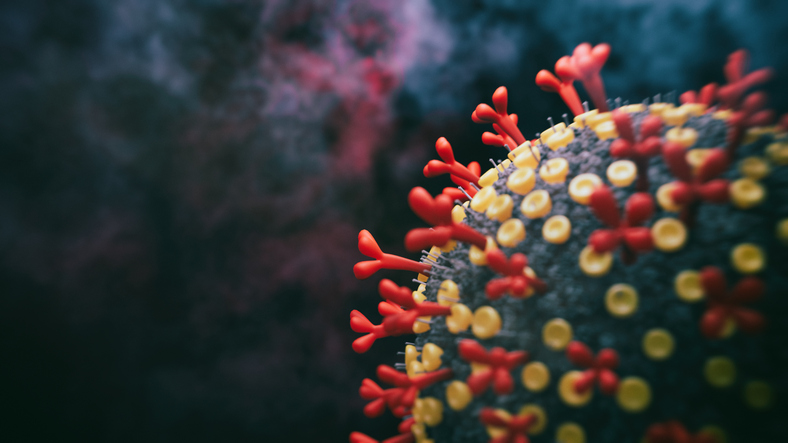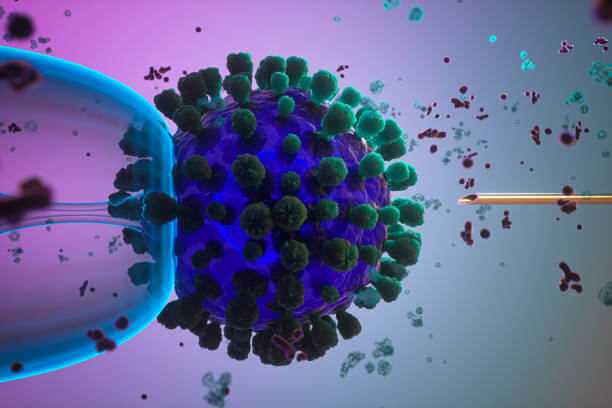BrainSAbs: Smart Antibody Conjugates for Targeting Brain Tumors

Lead researcher
Research group

Funds Source:
Government of Spain
Period:
01/04/2024 to 31/03/2026
Project status:
ACTIVE
Funding:
200.000,00€
This project is part of the Call «Incentivación de la consolidación investigadora, 2023»Effective delivery to the brain is one of the main challenges in the development of therapeutics to treat brain diseases.
Among disorders affecting the central nervous system, brain metastatic cancers and primary brain tumors have very poor prognosis. One of the main hurdles for the treatment of these cancers is the incapacity of most therapeutics to cross the blood-brain barrier.
This barrier is particularly relevant for biotherapeutics. Monoclonal antibodies and antibody-drug conjugates have shown great success in the treatment of many peripheral cancers, for instance in breast cancer. Unfortunately, neither mAbs nor ADCs can reach most brain metastases in sufficient amounts. Antibody transport can be enhanced using brain shuttle peptides that utilize endogenous transport mechanisms. Antibody transport can be enhanced by conjugating them to brain shuttle peptides that utilize endogenous transport mechanisms. However, current shuttle peptides enable insufficient transport resulting into limited efficacy enhancement. In this project, we will study the determinants of antibody-shuttle conjugate permeability across the Blood Brain Barrier (BBB) and will aim to develop highly permeable monoclonal antibodies (mAbs) and antibody-drug conjugates (ADC)s, in particular, for the treatment of brain metastatic breast cancer. The objective of this project is to develop an innovative technology in the field of brain delivery of biotherapies. Our working hypothesis is that by conjugating peptide shuttles to ADCs we will be able to increase transport across the blood-brain barrier. The specific objectives will be:
1. To produce peptide and antibodies with bioorthogonally reactive handles
2. To generate homogenous ADC-shuttle conjugates
3. To identify the best combination of shuttle and conjugation site to increase the transport of ADCs
4. To assess the ADC-shuttle conjugates permeability and efficacy in vivo
Collaborators / Funding entity

Agencia Estatal de Investigación










